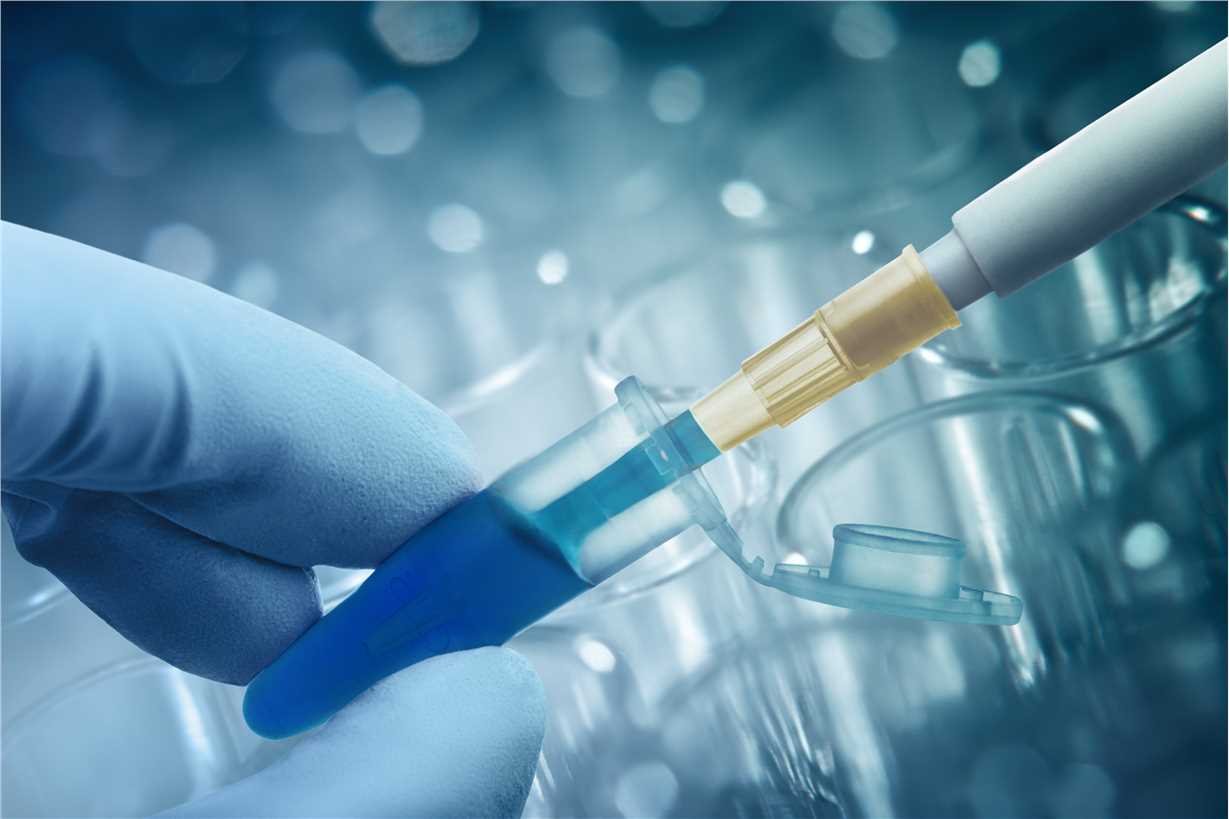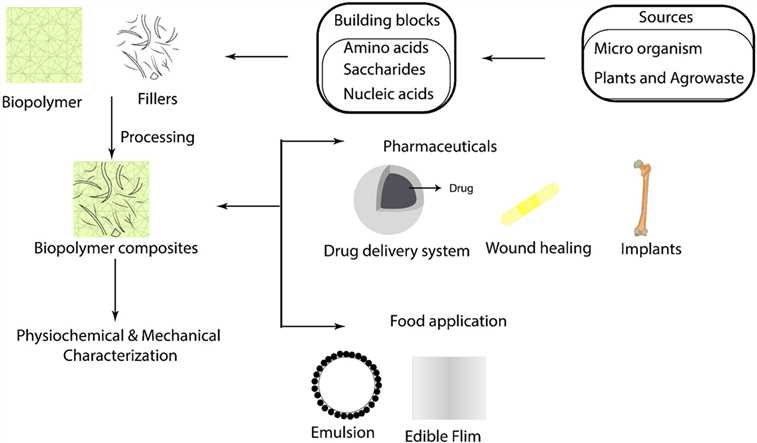
EnzymoGenius™, our advanced enzyme AI design platform, offers a comprehensive suite of services tailored to the dynamic field of bioplastics and biopolymers research. These services encompass a wide range of applications, utilizing advanced enzyme-based technologies to develop innovative solutions that contribute to the sustainable evolution of biodegradable materials.
Introduction to Bioplastics and Biopolymers
The subject of bioplastics and biopolymers embodies a key trajectory in sustainable research and development. Brought about by the assimilation of biology and chemistry, bioplastics and biopolymers serve as an excellent alternative to traditional petroleum-based plastics. Unlike their synthetic counterparts, they offer the benefit of being renewable, biodegradable, and notably, less harmful to the environment. Biopolymers, which involve monomeric units interconnected to create larger structures, facilitate the formation of bioplastics. These organic materials originate from biomasses such as plants or bacterial cells, which in a sustainable context, assures the conservation of natural resources.
 Fig 1. Sources and applications of biopolymers and composites. (Udayakumar, G P, et al., 2021)
Fig 1. Sources and applications of biopolymers and composites. (Udayakumar, G P, et al., 2021)
Implementation of these materials has been observed in a plethora of applications, ranging from packaging, agriculture, to the burgeoning biomedical field. Undeniably, the exploration and further development of bioplastics and biopolymers indicate a promising prospect towards an environment-focused future. This integrative technology captures the essence of multi-disciplinary innovation envisaging progress in both industry and ecological conservancy.
How Can We Help?
- Enzyme Engineering: Specializing in the precise modification and enhancement of enzymes, allowing for more efficient enzymatic processes in the production of bioplastics and biopolymers.
- Biocatalyst Development: Providing customized biocatalysts that can accelerate the biodegradation of bioplastics and biopolymers, offering eco-friendly alternatives to traditional plastics.
- Molecular Modeling: Employing computational approaches to aid in the modeling of enzyme-substrate interactions, optimizing bioplastic and biopolymer design.
- Biopolymer Synthesis: Supporting the development of sustainable biopolymers using enzymatic pathways, reducing the environmental impact of polymer production.
- Bioplastic Formulation: Expertise extends to bioplastic formulation and enhancement, facilitating the creation of high-quality, biodegradable plastic products.
- Biodegradation Assessment: Comprehensive assessment tools are offered to evaluate the biodegradability of bioplastics and biopolymers in various environments, helping researchers make informed decisions.
Applicable Research Areas
- Polymer Structure Modification: Solutions are invaluable in tailoring the structure of biopolymers for enhanced performance, including properties such as strength and flexibility.
- Enzyme Kinetics in Biodegradation: Support for research into the kinetics of enzyme-catalyzed biodegradation, allowing for precise control and acceleration of degradation processes.
- Biocompatible Materials: Services can be applied to the development of bioplastics and biopolymers with improved biocompatibility, vital for applications in medical devices and tissue engineering.
- Bioplastic Blending: Aiding in the blending of bioplastics with other biodegradable materials to achieve specific material properties while maintaining eco-friendliness.
- Waste Management: Contribution to research related to efficient waste management strategies, including enzymatic decomposition of bioplastics in disposal facilities.
- Biopolymer Nanocomposites: Solutions for the creation of biopolymer nanocomposites, which exhibit enhanced mechanical and thermal properties.
Our Competitive Advantages

Precision Engineering
We excel in the precise modification of enzymes, ensuring optimal performance for biodegradation and synthesis processes.

Computational Insights
Molecular modeling capabilities offer valuable insights into enzyme-substrate interactions, accelerating research and development.

Customized Solution
Tailored biocatalysts and enzymes are provided to address specific research needs, resulting in more efficient and sustainable outcomes.

Environmental Impact Reduction
By facilitating the development of biodegradable materials, services contribute to reduced plastic pollution and the preservation of ecosystems.
In the realm of bioplastics and biopolymers research, CD Biosynsis offers an array of advanced solutions and services. From enzyme engineering to biodegradation assessment, we support a wide range of topics critical to the development of sustainable, biodegradable materials. Our technological advantages, including precision engineering and customized solutions, ensure the delivery of innovative, eco-friendly results. Contact us today to explore how our platform can accelerate your research.
Reference
- Udayakumar, G. P.; et al. Biopolymers and composites: Properties, characterization and their applications in food, medical and pharmaceutical industries. Journal of Environmental Chemical Engineering. 2021, 9(4): 105322.


































 Fig 1. Sources and applications of biopolymers and composites. (Udayakumar, G P, et al., 2021)
Fig 1. Sources and applications of biopolymers and composites. (Udayakumar, G P, et al., 2021)


